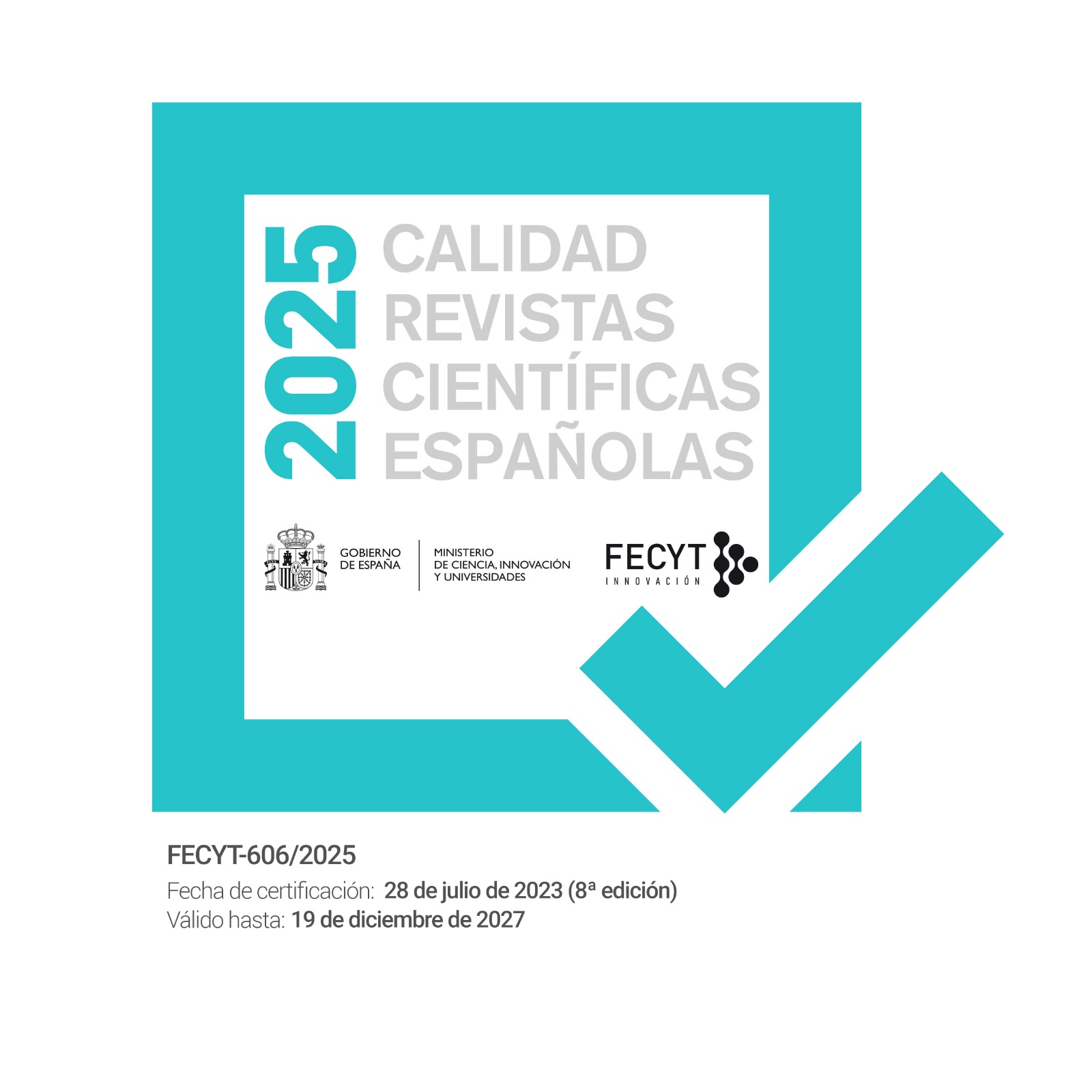The crimes of anticipation, prolongation and abandonment of public functions in the Spanish Supreme Court’s case law (1870-1978)
Keywords:
Anticipation of functions, prolongation of functions, abandonment of functions, case law, Supreme CourtAbstract
The analysis of case law of the crimes of anticipation, prolongation and abandonment of public functions reflects the respect of the Spanish Supreme Court towards law’s provisions. This is a guarantee for the proper performance of the public function as to when and in what manner one assumes or leaves a public office, especially regarding issues such as the separation of powers. Thus, the jurisprudence on the crime of prolongation of functions, specifically, applies in a forceful manner the provisions for municipalities, avoiding interference by figures such as gobernadores civiles. It also emphasizes the value given to the positions provided through popular elections, highlighting the seriousness of unduly holding such positions. Although less numerous, the jurisprudence on the anticipation and abandonment of functions also echoes the respect for the norm. In this second crime, a greater interpretation is made in the determination of the "damage to the public cause", requirement that this crime demands, as a moral damage or a paralyzation of the organ or institution in which the official is inserted. Even so, this interpretation that specifies the literal meaning of the precept is constant in the jurisprudence that we have studied here.
Downloads
Downloads
Published
How to Cite
Issue
Section
License
Copyright (c) 2024 GLOSSAE. European Journal of Legal History

This work is licensed under a Creative Commons Attribution-NonCommercial-NoDerivatives 4.0 International License.
Creative Commons Reconocimiento-NoComercial-SinObraDerivada 4.0 España (CC BY-NC-ND 4.0 ES)




